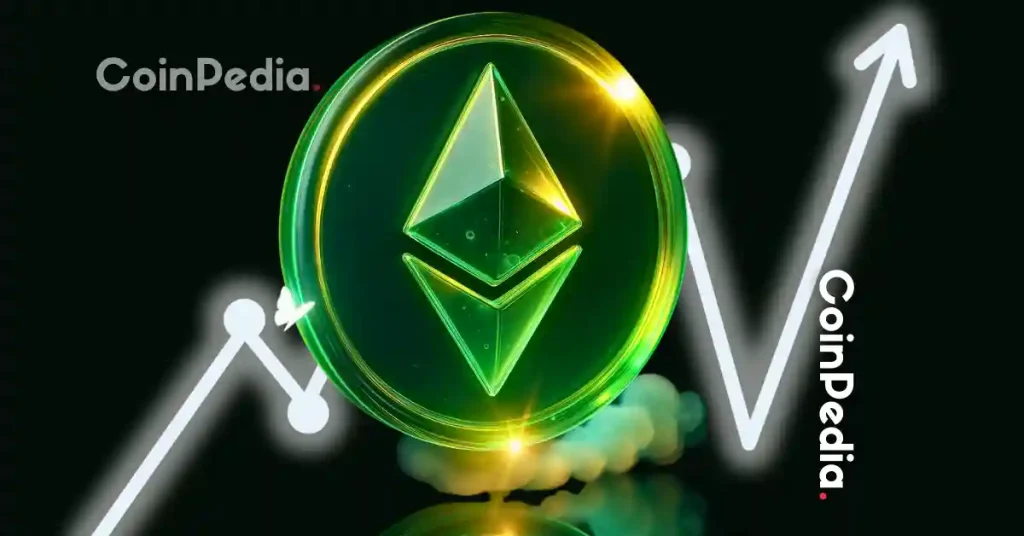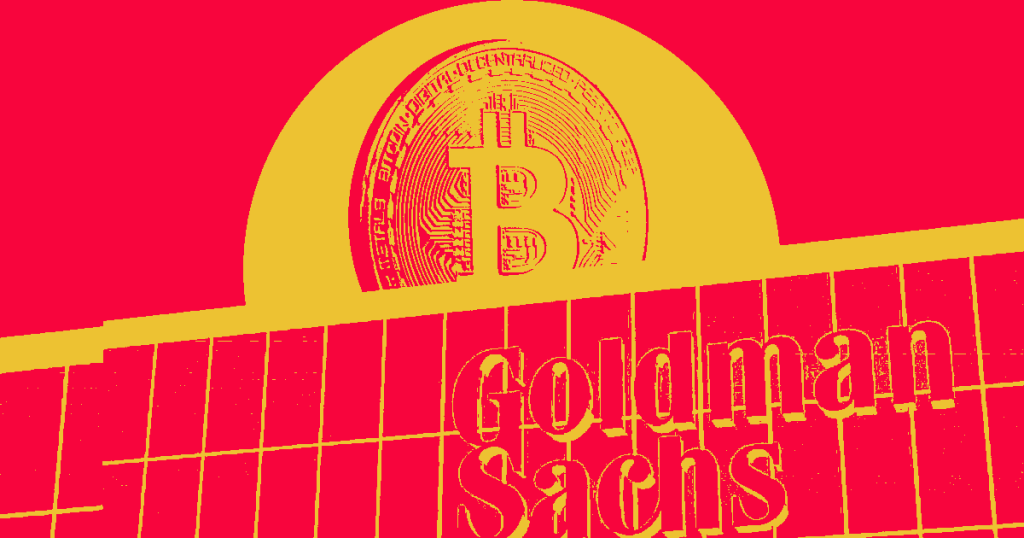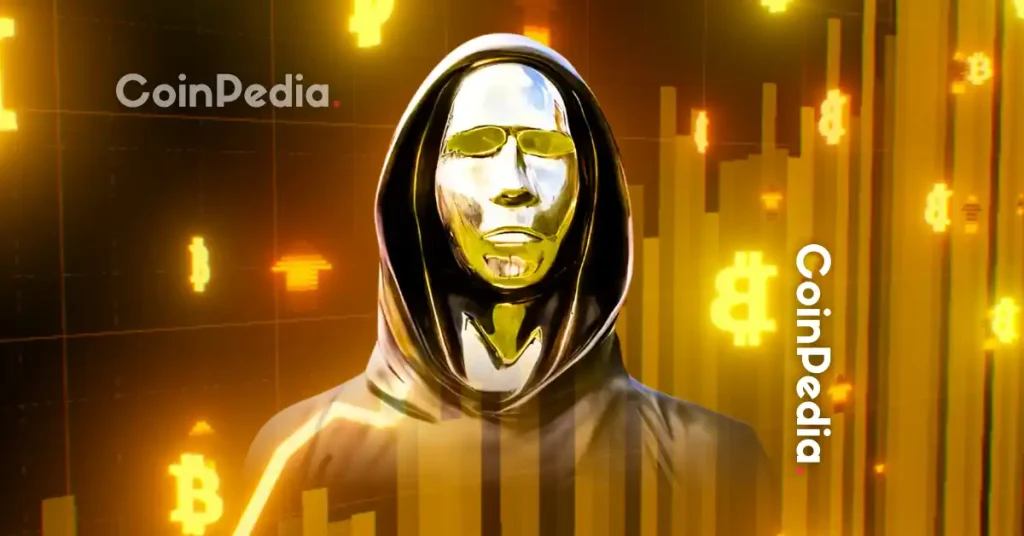
In the last six months, the development of AI (artificial intelligence) has shown particularly remarkable progress. Image generation AIs such as Midjourney and text generation AIs such as ChatGPT have fascinated many people and sparked various discussions. Unlike self-driving cars, these applications seem ready for real business deployment.
Is AI suitable for centralized companies?
This could pose a problem for cryptocurrency innovators focused on public blockchains and decentralized computing.
At least AI will be a strong competitor for investor money for the foreseeable future. Especially considering the reputational damage scammers have done to crypto over the past year.
Moreover, there is a deep chasm between blockchain and AI in terms of how it works and the underlying ideas. Currently, AI requires massive centralized data caches for training, which can create privacy and security risks that are at odds with the crypto and blockchain communities.
Moreover, due to its reliance on data caches, AI is a perfect theme for large centralized companies to embrace. This is already underway. With Microsoft’s $10 billion investment in Open AI and ChatGPT, it’s clear that Microsoft intends to use this technology exclusively in its own products.
decentralized approach
But there are also very different approaches that can help address the undemocratic biases inherent in AI.
Aside from crypto assets, one obvious and practical use of blockchain is the management of distributed computing resources. Blockchain can be used to coordinate and verify services to the network, and tokens act as incentives for contributors.
Currently, it is used for distributed cloud storage Filecoin and distributed high-quality graphics computing Render Network.
Another interesting case is BitTorrent, which has a P2P (peer-to-peer) protocol. Since the company does not use token technology, since around 2017 developers have argued that tokens could be leveraged to make the network better by rewarding users for providing the fastest connections. I started.
Tron founder Justin Sun acquired BitTorrent in 2018, proposing to do just that.
Minsky “Society of the Heart”
Numerous blockchain projects are also extending the logic of tokenized, distributed computing to AI.
Perhaps the most significant is SingularityNET, launched in 2017 by veteran AI developer Ben Goertzel. Goertzel has been working on AI since the late 1980s and has written more than 10 books on AI. He is known for popularizing the term “Artificial General Intelligence”.
SingularityNET is one of the relatively rare and credible projects to raise money during the 2017 ICO (initial coin offering) boom. Proprietary token AGIX surged on news of Microsoft’s investment in Open AI.
In describing SingularityNET’s approach to AI, Goertzel puts it in the words of computer science pioneer Marvin Minsky, who envisioned AI developing as “a society of minds.” ing.
In other words, Goetzel is aiming for an open architecture that integrates various so-called “limited” AIs that excel in specific applications, such as language processors, navigators, and image generators.
Composable AI
SingularityNET users can combine specific services on the network. It can be created and hosted anywhere in the world and can be freely connected to any network. Fundamentally similar to “composability,” the ability of financial services to come together as a larger service on smart contract platforms such as Ethereum.
Goertzel argues that composable AI networks can democratize AI development in the same way that cryptocurrencies and smart contracts democratize finance (although, as we have experienced, this is a double-edged a sword). But Goertzel goes further, arguing that a recombination environment, where each module is developed independently, is an excellent path toward artificial general intelligence, a human-like digital intelligence.
Let me highlight one technical detail here. AI cannot run on a blockchain. Unimaginably slow and costly, at least with current technology.
SingularityNET and similar projects have focused on leveraging blockchain to manage off-chain resources, which presents a degree of technical risk. This is because multiple layers of validation are required to ensure good inputs and outputs exchanged on the network.
Crypto assets vs AI
Goertzel’s approach to AI is at odds with the beliefs of Sam Altman, who is now a mainstream billboard for AI.
Altman is the co-founder and CEO of Open AI and the driving force behind Worldcoin, a project that aims to create unique digital IDs for global citizens by scanning the iris of the eye.
At first glance, Altman’s Worldcoin is disdainful for its attempt to collect sensitive biometric data from vulnerable citizens. But the relationship to AI shown there may be more bleak.
Many social and economic theorists predict that AI will create a highly unequal world. It is believed to eliminate jobs such as truck drivers and cashiers. And since AI will likely be centrally managed, the wages taken from those people will be the revenue of the giant corporations.
Sam Altman’s Worldcoin aims to deploy the solution Silicon Valley has provided to this conundrum. Universal Basic Income (UBI).
authoritarian nightmare
The idea is that if AI is going to take a lot of people out of work, governments and others will have to tax a small number of centralized AI administrators and redistribute it to their citizens. Worldcoin’s iris scan is, above all, to prevent future abuse of the system, such as preventing the same person from receiving UBI multiple times.
I am on the left and believe that some degree of wealth redistribution makes society more stable and productive. But even to me, the idea of a Silicon Valley UBI seems like an authoritarian nightmare, combining the worst traits of bloated communism and greedy monopoly capitalism. A future in which many will be entirely dependent on the generosity of a few.
Figures like Sam Altman and Peter Thiel are seemingly happily pushing us toward that future.
While there is no overarching alternative vision yet, decentralized AI projects like SingluarityNET at least offer hints for a more democratic and technological future.
|Translation and editing: Akiko Yamaguchi, Takayuki Masuda
|Image: Shutterstock
|Original: What’s the Relationship Between Crypto and AI? Is There Any?
The post Crypto Assets and AI ── Conflicting Beliefs, Authoritarian Nightmare[Column]| coindesk JAPAN | Coindesk Japan appeared first on Our Bitcoin News.

 2 years ago
145
2 years ago
145














 English (US) ·
English (US) ·